
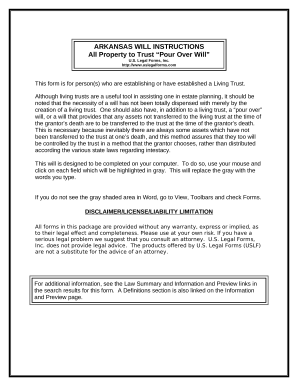
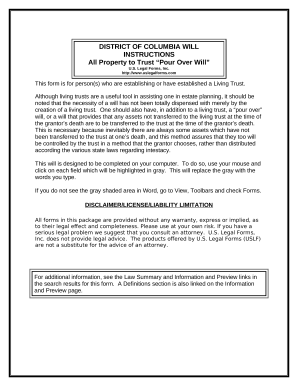
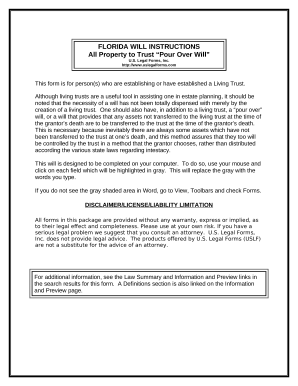
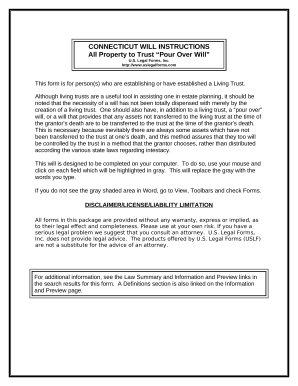
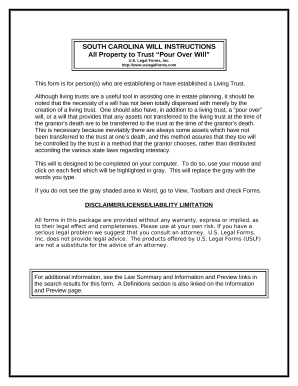
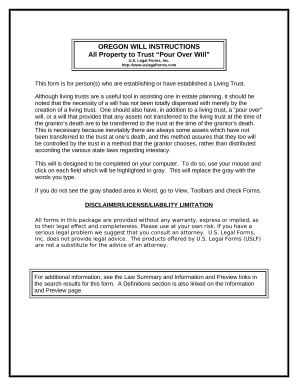
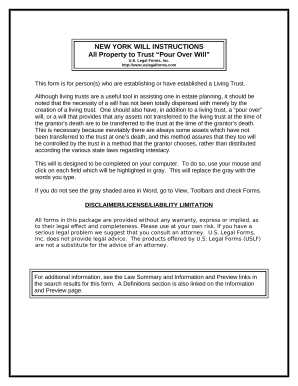
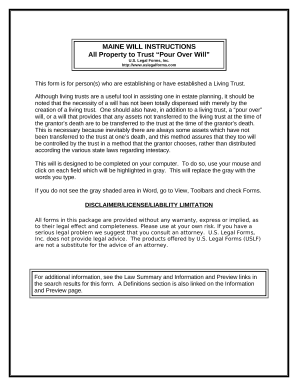
Your workflows always benefit when you can easily find all of the forms and files you require on hand. DocHub provides a vast array of forms to ease your day-to-day pains. Get hold of Pour Over Wills category and easily discover your form.
Begin working with Pour Over Wills in a few clicks:
Enjoy effortless form management with DocHub. Check out our Pour Over Wills collection and discover your form today!